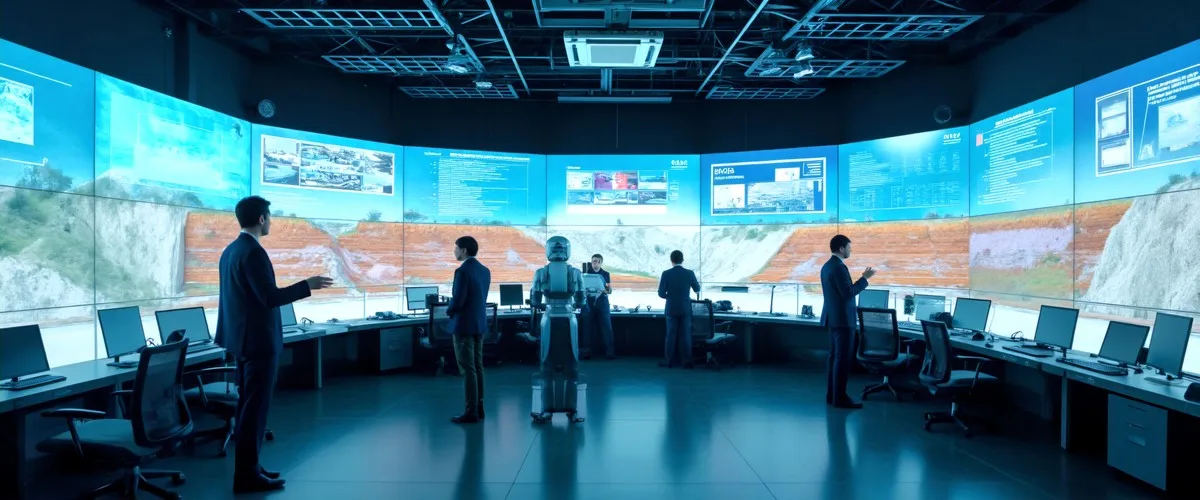11/02/2025
11/02/2025

KUWAIT CITY, Feb 11: The Kuwait Institute for Scientific Research (KISR) emphasized that creating a national geotechnical database and incorporating artificial intelligence (AI) into data analysis are key steps to support sustainable development in Kuwait. These efforts will enhance urban planning, predict subsoil conditions, and reduce, assess, and manage geological and geotechnical risks.
Engineer Dana Al-Enezi, from KISR’s Environmental and Life Sciences Research Center, spoke with Kuwait News Agency (KUNA) on Tuesday about her participation in the International Conference on Artificial Intelligence (Applications, Creativity, and Ethics) held last week at Sultan Qaboos University in Oman. She presented a scientific paper titled “Preliminary Exploration of Interpreting Geotechnical Data and Integrating Geographic Information Systems: Towards Applying Artificial Intelligence.”
Al-Enezi’s paper underscored the importance of establishing a geotechnical database for Kuwait, especially in light of the country’s rapid urban expansion. The database, she explained, plays a crucial role in improving project planning processes, managing geological risks, and supporting broader development strategies.
She further explained that such a database offers economic, environmental, social, and security benefits. It helps reduce the costs of feasibility studies, enhances the quality of infrastructure projects, and strengthens soil by providing precise data that aids in decision-making related to foundation design, land distribution, and directing investments.
The database will also promote environmental sustainability by managing natural resources effectively, combating desertification, and protecting groundwater from depletion. Additionally, it will provide vital data for creating seismic and local codes related to the mechanical and dynamic properties of soil.
Al-Enezi stressed that the database holds significant social and security value, as it will improve the quality of life by enabling better infrastructure planning. It will also reduce natural risks such as landslides and sudden collapses, thereby boosting public safety and ensuring the long-term viability of future projects.
Another key aspect of the database is its role in disaster preparedness. By providing accurate, up-to-date data, it will contribute to the development of effective emergency response plans.
The database will also foster scientific research and digital transformation by offering researchers opportunities to study Kuwait’s geology and soil characteristics more deeply. It will further enhance the use of AI in analyzing geotechnical data, enabling better soil classification and the prediction of geological risks such as landslides and earthquakes.
Al-Enezi noted that this initiative aligns with Kuwait’s “New Kuwait 2035” vision, contributing to sustainable urban development, improved geological risk management, and more efficient national infrastructure. It also positions Kuwait as a regional leader in innovation and development in the engineering and environmental fields, supporting the advancement of cutting-edge geotechnical practices in line with global developments.


